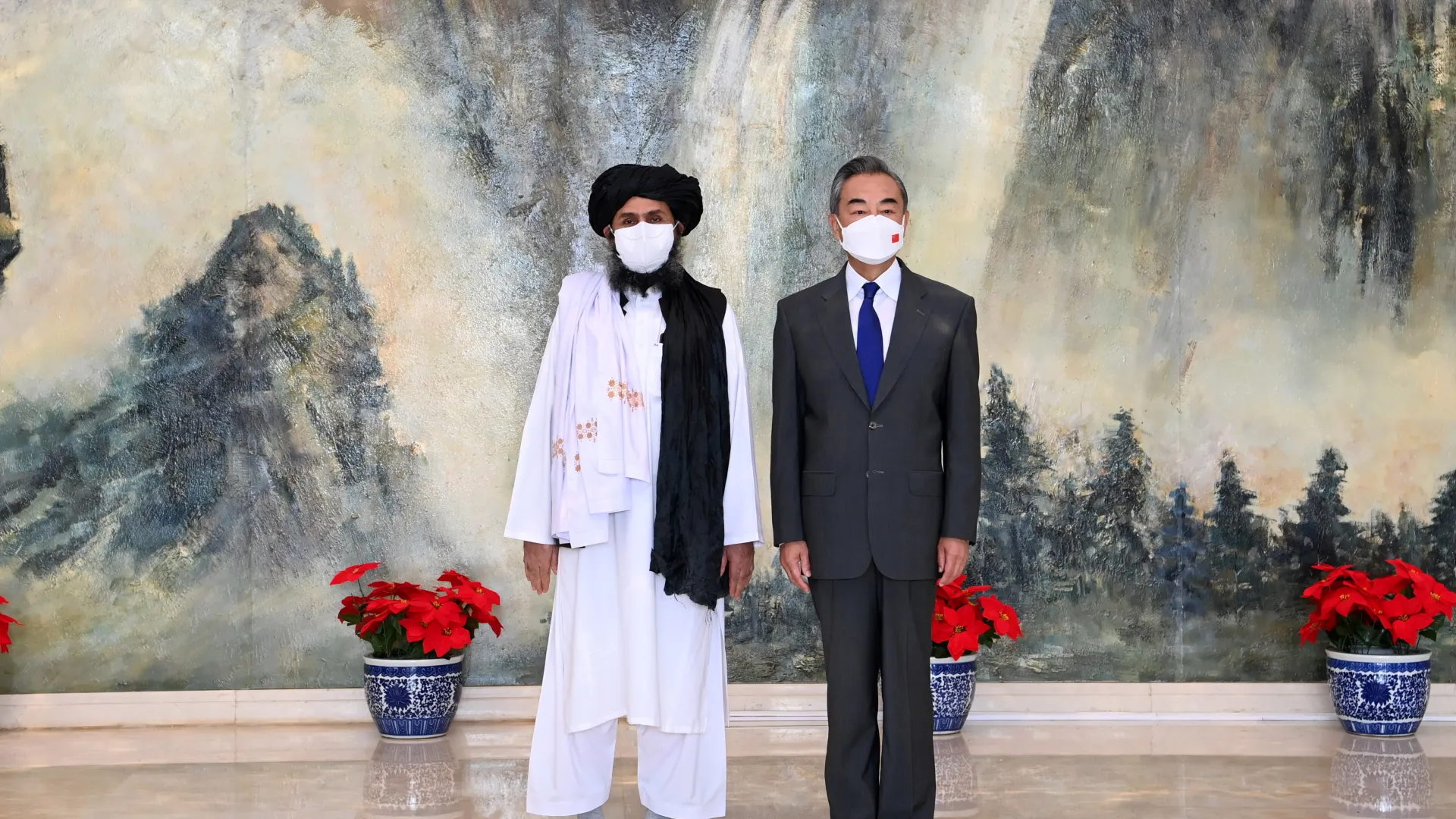“Let’s disturb China;” These are the words of Mufti Abu Zar al-Burmi, teacher of Qari Hussain Ahmad Mehsud (cousin of Tehrik-e-Taliban Pakistan leader Hakimullah Mehsud, who spearheaded the TTP’s suicide bombing squad). As it happens, China is not immune from Islamic Jihad and has been working for decades to iron out religious-led strategic threats from its territory and overseas interests. East Turkmenistan Islamic Movement (ETIM) and Turkistan Islamic Party (TIP) were initially the major security challenges, and now Tehreek-e-Taliban Pakistan (TTP), in collaboration with ETIM, ISKP, and BLA, is as dangerous to Chinese interests as the former organizations.
TTP security threats have increased for China and Pakistan since the Taliban swept into power in Afghanistan and TTP found safe havens there.
Afghanistan: The Chinese Interests
The primary interest of China in Afghanistan hinges on eliminating the security challenges coming from the ETIM, which is working to liberate the Xinjiang province of China. Strategically, Xinjiang has significance for China; it shares borders with eight neighboring states and is an important province since China produces wind and solar energy totaling 137.8 billion kWh. It considerably aids China’s shift to green and low-carbon energy and is equivalent to burning 41 million tonnes of conventional coal, which reduces carbon dioxide emissions by 110 million tons.
On the other hand, China should be aware that the TTP is not a strategic threat to Pakistan but to China. Historically, the banned organization has spread persistent anti-China propaganda through different platforms. For example, from 2013 to 2014, the entity’s English-language Azan Magazine criticized Pakistan for maintaining friendly relations with China, an “atheist” and infidel state. Additionally, after the Tiananmen Square attack, Abdullah Mansoor of TTP said, “O Chinese unbelievers, know that you have been fooling East Turkestan for the last sixty years, but now they have awakened.”
Fast forward to 2022, when the TTP ambushed Chinese officials living at the Serena hotel in Quetta with suicide vehicle-borne improvised explosive devices (SVBIEDs). The target had been China’s ambassador to Pakistan. Moreover, TTP provided logistical and operational support to ETIM to attack Chinese engineers working at Dasu Dam, KP, Pakistan. In this deadly attack, nine Chinese and four Pakistanis were killed.
The TTP-ETIM Nexus
Notably, the TTP-ETIM nexus is not a maiden development. The ETIM, formally created in 1997, is a separatist movement that seeks to free Xinjiang from what it views as China’s colonial control, working to create the autonomous state of East Turkestan.
In April 2013, Islami Awazi, the ETIM propaganda mouthpiece, surfaced a video on social media in which young boys were getting training in North Waziristan under the shadow of the TTP. Further, ETIM has received support from TTP through hideouts, equipment, and training. Previously, the TTP’s leader in North Waziristan, Hafiz Gul Bahadur, had permitted the Uyghur militants to operate there. Once TTP observed the ideological appeal of ETIM, they kidnapped the Chinese tourist Hong Xu Dong from Dera Ismail Khan on May 19. Afterward, a Chinese tourist and her interpreter were killed in Peshawar in 2012, and the TTP claimed responsibility, claiming it was in reprisal for the “atrocities” carried out by Chinese security forces in Xinjiang.
Along with ETIM, TTP is the mother organization that provided the initial leaders and members for the Islamic State of Khorasan (ISKP). The same ISKP killed two Chinese teachers in Balochistan in 2017. In Afghanistan, ISKP has launched a wave of attacks and propaganda against China. On December 12, 2022, Chinese citizens were targeted by ISKP in Kabul. On the propaganda front, ISKP published an article, “China’s Daydream of Imperialism,” in its “Voice of Khorasan” magazine.
The TTP, however, did not stop there and moved to shake hands with the Baloch Liberation Army (BLA) on operational levels.
Ethno-nationalist terrorist groups in Balochistan receive military instruction from the TTP. In return, the TTP enjoys logistical support from them. The BLA is notorious for its anti-China propaganda and attacks on Chinese workers working in Balochistan.
A Threat Matrix for China
Unfortunately, this startlingly obvious TTP threat matrix for China is a less popular topic in Chinese and Pakistani security circles. TTP, due to its historical and current engagements with regional terrorist organizations, is one of the major security conundrums for China. TTP is unsustainable from a strategic standpoint until the Afghan Taliban withdraws their support for it under the guise of ethno-cum religious responsibility. As a result, China, like Pakistan, must remind the Taliban to follow the terms of the Doha Agreement and detach itself from terrorist organizations like the TTP.
The views expressed in this article are the author’s own. They do not necessarily reflect the editorial policy of the South Asia Times.



![Afghan men search for victims after a Pakistani air strike hit a residential area in the Girdi Kas village, Nangarhar province on February 22, 2026. [Aimal Zahir/AFP/Getty Images]](https://southasiatimes.org/wp-content/uploads/2026/02/gettyimages-2262391441.webp)


